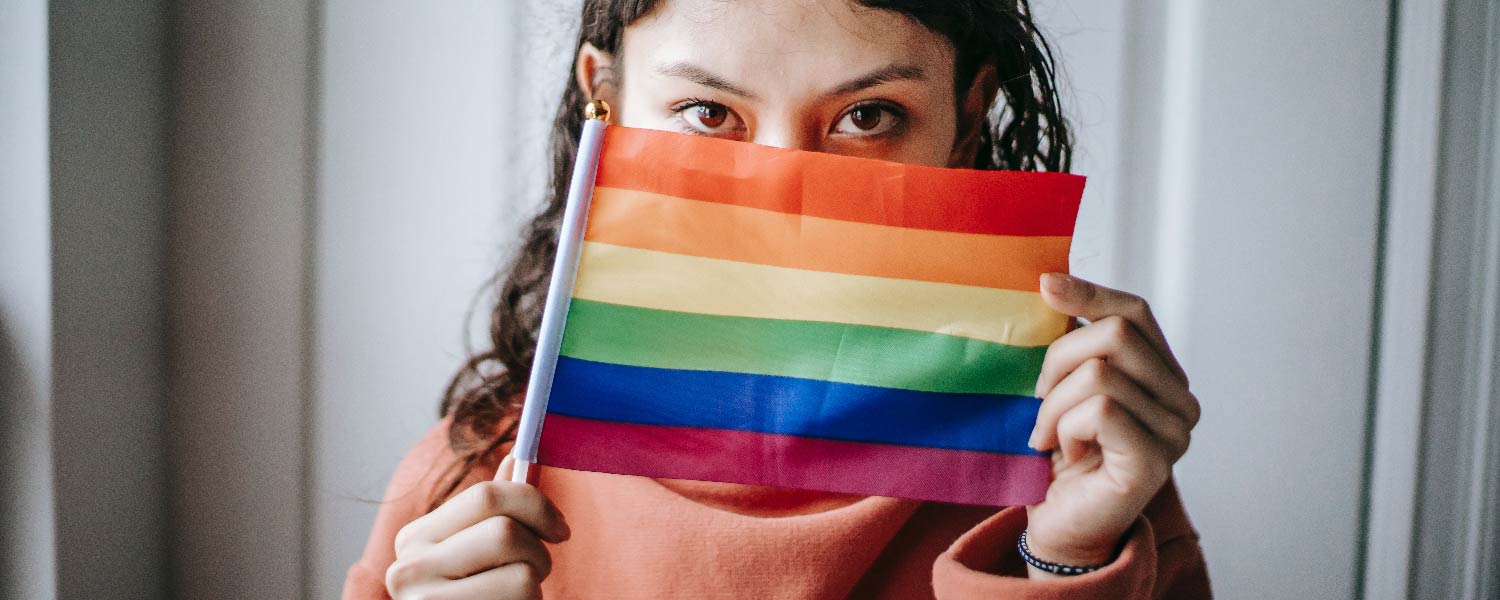 Mental Health and the LGBTQIA+ Community"
class="bg-img"
fetchpriority="high"
loading="eager"
decoding="async">
Mental Health and the LGBTQIA+ Community"
class="bg-img"
fetchpriority="high"
loading="eager"
decoding="async">
Written By: Care New England on June 23, 2022
Everyone is susceptible to mental health struggles. But individuals in the LGBTQIA+ community face additional stressors that others may not. Whether it's the anxiety of "coming out" to family and friends or facing discrimination at work or school, these added stressors can trigger mental health problems.
We know (now) that identifying as LGBTQIA+ is absolutely not a mental illness. Still, transgender and bisexual communities have the highest rates of mental health concerns within the LGBTQIA+ population. Sadly, younger members often struggle the most.
The team at Care New England is here to help. Today, we'll consider some mental health statistics among the LGBTQIA+ community, particularly since the pandemic. We'll address some warning signs you should look for if you're worried about a friend or loved one. But most of all, we'll provide some resources if you need help right now.
According to Mental Health America (MHA):
The good news is that most people in the LGBTQIA+ community are resilient. With the help of supportive peers, families, and communities, they stand firm in the face of discrimination or traumatic family experiences.
As a rule, they're more likely to seek mental health services when needed. According to MHA, LGBTQIA+ people used mental health services 2.5 times more often than their "straight" counterparts.
Sadly, many negative stereotypes still propagate in the US. HIV / AIDS stigma is one of the most significant negative stereotypes in our country for this population. When LGBTQIA+ people do openly express themselves, they face the potential of rejection or the assumption that they have a virus. And that can exacerbate feelings of loneliness, particularly as the nation tries to normalize in the wake of a pandemic.
Since the COVID-19 pandemic, people — no matter how they identify — experience increased problems associated with loneliness.
Mental health issues associated with loneliness may manifest as:
If you're struggling with any of these issues, it's probably time to seek mental health support from a professional or link up with an organization that can point you in the right direction.
If you're looking for help, you can try these resources or contact us for more.
At Care New England, our mission is to connect you with the health resources you need. And remember, you are not alone. Help is only a phone call away.
Disclaimer: The content in this blog is for informational and educational purposes only and should not serve as medical advice, consultation, or diagnosis. If you have a medical concern, please consult your healthcare provider or seek immediate medical treatment.
Copyright © 2023 Care New England Health System